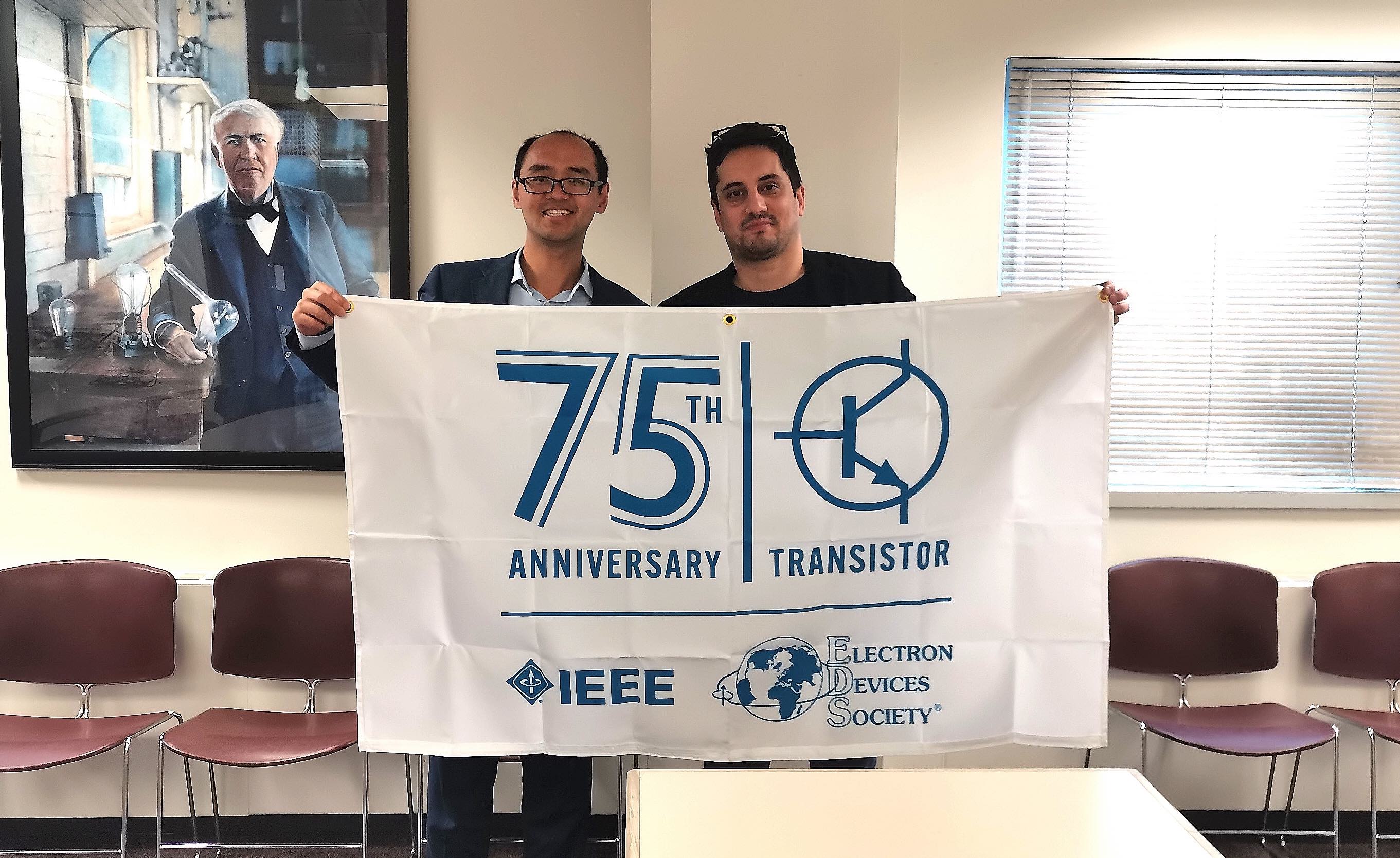Developing optical elastography techniques for intraoperative breast cancer detection

Breast cancer is the most common cancer in women worldwide. Breast-conserving surgery (BCS) removes tumor with margins of healthy tissue from patient’s body and is one of the main treatments for patients with early-stage breast cancer. However, ~20-30% of patients undertaking BCS require a second surgery, due to the lack of effective intraoperative cancer detection methods and residual cancer detected close to the margins of the excised mass after the initial surgery. Optical elastography, an emerging technique which maps the tissue mechanical properties into 2-D or 3-D images, holds promise to assess tumor margins accurately and rapidly during surgery, enabling surgeons to ensure complete excision of tumor. We developed optical elastography techniques based on optical coherence tomography and recently demonstrated an accuracy of 95% for tumor margin assessment on excised breast tissue using a benchtop system. In addition, we demonstrated the first in vivo intraoperative breast cancer detection using a handheld optical elastography probe. Moreover, to optimize the likely uptake of optical elastography by surgeons, we developed a variant of optical elastography, termed camera-based optical palpation, using simple, cost-effective digital cameras to assist surgeon remove the residual cancer. As camera-based optical palpation is cost-effective and portable, it holds promise to be widely used not only in metropolitan hospitals but also in hospitals in rural and remote areas, improving equity of access to optimal treatment for patients.
Date and Time
Location
Hosts
Registration
-
 Add Event to Calendar
Add Event to Calendar
- 154 Summit Street, Newark, NJ 07102
- NJIT
- Newark, New Jersey
- United States 07102
- Building: ECEC
- Room Number: 202
- Click here for Map
- Contact Event Hosts
-
Dr. Ajay K. Poddar, Email:akpoddar@ieee.org
Dr. Edip Niver, email: edip.niver@njit.edu
Dr. Durga Misra, Email: dmisra@ieee.org
Dr. Anisha M. Apte, Email: anisha_apte@ieee.org
- Co-sponsored by IEEE North Jersey Section
Speakers
 Dr. Qi Fang of The University of Western Australia
Dr. Qi Fang of The University of Western Australia
Developing optical elastography techniques for intraoperative breast cancer detection
Breast cancer is the most common cancer in women worldwide. Breast-conserving surgery (BCS) removes tumor with margins of healthy tissue from patient’s body and is one of the main treatments for patients with early-stage breast cancer. However, ~20-30% of patients undertaking BCS require a second surgery, due to the lack of effective intraoperative cancer detection methods and residual cancer detected close to the margins of the excised mass after the initial surgery. Optical elastography, an emerging technique which maps the tissue mechanical properties into 2-D or 3-D images, holds promise to assess tumor margins accurately and rapidly during surgery, enabling surgeons to ensure complete excision of tumor. We developed optical elastography techniques based on optical coherence tomography and recently demonstrated an accuracy of 95% for tumor margin assessment on excised breast tissue using a benchtop system. In addition, we demonstrated the first in vivo intraoperative breast cancer detection using a handheld optical elastography probe. Moreover, to optimize the likely uptake of optical elastography by surgeons, we developed a variant of optical elastography, termed camera-based optical palpation, using simple, cost-effective digital cameras to assist surgeon remove the residual cancer. As camera-based optical palpation is cost-effective and portable, it holds promise to be widely used not only in metropolitan hospitals but also in hospitals in rural and remote areas, improving equity of access to optimal treatment for patients.
Biography:
A passionate medical physicist, dedicated engineer, and most recently, the winner of the 2022 Premier’s Science Awards: Woodside Early Career Scientist of the Year and The Vice‑Chancellor’s Early Career Research Award (2022), Dr Qi Fang endeavors to develop novel imaging techniques for cancer detection. Dr Fang obtained his PhD in Physics at The University of Western Australia, working on laser interferometers for gravitational wave detection with LIGO. He was one of the recipients of the “2016 Special Breakthrough Prize in Fundamental Physics”. Since his PhD, Dr Fang moved to the field of biomedical optics and cancer imaging. In 2019, he was highlighted in The Australian as one of “Australia’s top 40 researchers who are less than 10 years into their careers”. In 2021, he was awarded an Investigator Initiated Research Scheme Grant by National Breast Cancer Foundation. In addition, Dr Fang was awarded a Raine Priming Grant by the Raine Medical Research Foundation and the prestigious Raine‑Robson Fellow, having been the top‑ranked applicant in this grant scheme.
Email:
Address:Department of Electrical, Electronic & Computer Engineering, School of Engineering, The University of Western Australia, Western Australia, Australia
Agenda
Event Time: 1:15PM to 3:00 PM
Venue: Kiernan Conference Room (ECE 202), ECEC, NJIT, Newark
Refreshments: 1:45 PM
Talk by Dr Qi Fang: 2:00 PM
Seminar in ECE 202 All Welcome: There is no fee/charge for attending IEEE technical seminar. You don't have to be an IEEE Member to attend. Refreshment is free for all attendees. Please invite your friends and colleagues to take advantage of this Invited Distinguished Lecture.

